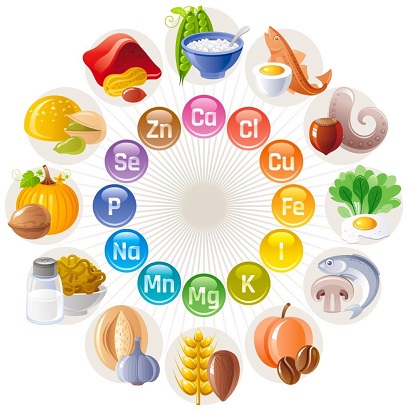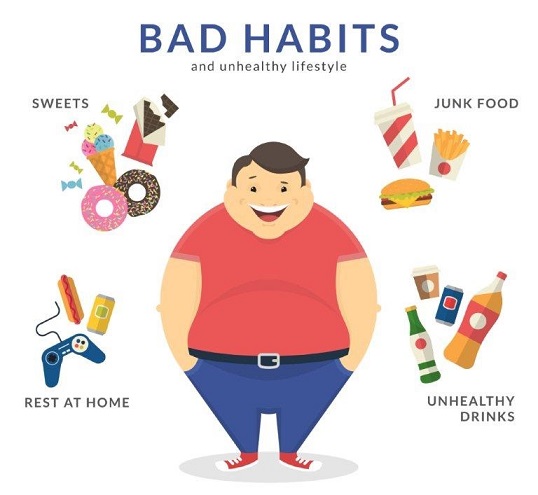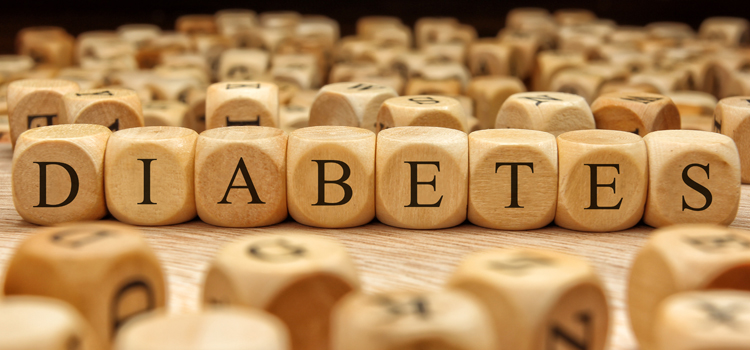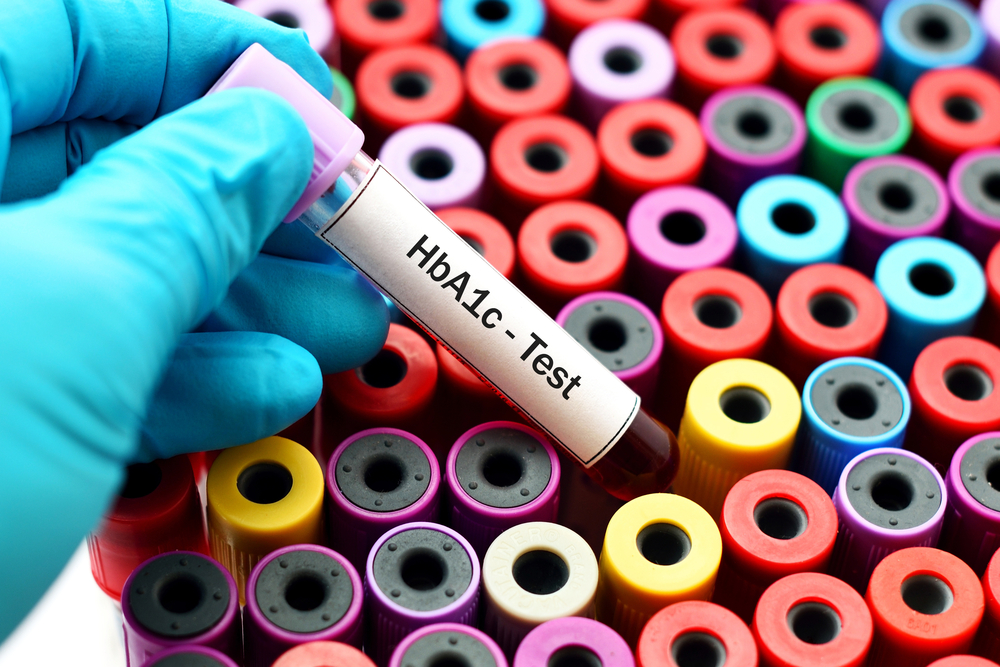Reactive Hypoglycemia: Symptoms and Diagnosis

Reactive hypoglycemia is marked by a drop in blood sugar levels after eating. This condition is linked to an exaggerated insulin release, the hormone that regulates blood sugar levels in the body. This blog will throw light on reactive hypoglycemia and some management measures to keep it under control.
What is reactive hypoglycemia?
Reactive hypoglycemia is a metabolic condition in which the blood sugar levels drop after a few hours of having a meal. This decline in blood sugar is associated with an exaggerated release of insulin.
Normally, when carbohydrates are ingested, they are broken down into glucose, which leads to a rise in blood sugar levels. The pancreas releases insulin to facilitate glucose uptake into cells for energy in response to this rise.
However, in individuals with reactive hypoglycemia, the insulin response is heightened or occurs too rapidly. As a result, excessive amounts of glucose are removed from the bloodstream, causing a rapid and sometimes extreme drop in blood sugar levels.
What are the causes of reactive hypoglycemia?
An exaggerated insulin release in response to carbohydrate consumption leads to reactive hypoglycemia. Here are some reactive hypoglycemia causes:
- Some people may be more sensitive to the impact of carbohydrates on blood sugar levels. Consuming a meal with a higher-than-normal carbohydrate content can trigger an exaggerated insulin response in these individuals.
- Skipping meals or having meals with imbalanced proportions of carbohydrates, proteins, and fats can cause reactive hypoglycemia. Large meals, especially those high in refined sugars, may prompt an excessive insulin release.
- Certain medical conditions, such as disorders affecting the pancreas, liver, or adrenal glands, may contribute to reactive hypoglycemia. However, these cases are less common.
- Certain gastrointestinal surgeries, such as gastric bypass surgery, can alter the normal digestion process and contribute to reactive hypoglycemia.
What are the risk factors of reactive hypoglycemia?
Reactive hypoglycemia, if not properly managed, can pose several risks to the body. These risks include:
- Low blood sugar levels can cause concentration, cognitive function, and decision-making abilities, potentially affecting academic or job performance.
- Reactive hypoglycemia can impair coordination and reaction time, posing a risk to driving safety.
- Individuals with diabetes, especially those on medications like insulin or sulfonylureas, may face challenges in managing blood sugar levels, risking complications.
- Frequent episodes of reactive hypoglycemia can lead to anxiety and stress, impacting mental health.
What are the symptoms of reactive hypoglycemia?
Common reactive hypoglycemia symptoms include:
- A noticeable and involuntary trembling or shaking
- Experiencing excessive sweating
- Feeling a rapid or irregular heartbeat
- Feeling nervous, anxious, or irritated
- Intense hunger, even shortly after eating
- Impaired ability to focus
- Feeling disoriented
- Exhaustion
How is reactive hypoglycemia diagnosed?
Diagnosing reactive hypoglycemia involves:
- Medical History: The doctor will study the medical history, like a detailed description of symptoms, frequency, and meal patterns.
- Blood Glucose Monitoring: Continuous or intermittent monitoring of blood glucose levels may be conducted to identify patterns and fluctuations.
- Glucose Tolerance Test (GTT): A glucose tolerance test involves fasting overnight and consuming a drink containing a specific amount of glucose. Blood sugar levels are monitored at intervals afterwards to assess the body’s ability to handle and regulate glucose.
- Insulin Levels: Measuring insulin levels during a glucose tolerance test or independently can help assess whether there’s an exaggerated insulin response to carbohydrate intake.
How to manage reactive hypoglycemia?
Reactive hypoglycemia treatment involves lifestyle and dietary modifications.
Here are some strategies:
- Consume well-balanced meals that mix carbohydrates, proteins, and healthy fats. This combination can help stabilise blood sugar levels.
- Consider eating smaller, more frequent meals throughout the day instead of large meals. This can help prevent sharp increases and decreases in blood sugar.
- Lower intake of refined carbohydrates and sugars, as they can cause rapid spikes and subsequent drops in blood sugar.
- Maintain regular eating patterns and avoid skipping meals, which can contribute to blood sugar imbalances.
- Stay hydrated, as dehydration can affect blood sugar levels.
- Engage in regular physical activity.
- Alcohol can contribute to blood sugar fluctuations, so it’s advisable to consume it in moderation or avoid it altogether.
- In some cases, monitoring blood sugar levels at home may be recommended, mainly if prescribed by a healthcare professional.
Individuals with reactive hypoglycemia should consult a doctor to develop a management plan and get a reactive hypoglycemia diet. For diagnostic testing, including blood sugar monitoring and related assessments, consider reaching out to a trusted diagnostic centre such as Dr Lal PathLabs.
FAQs
1. What causes reactive hypoglycemia?
An exaggerated insulin response to the intake of carbohydrates causes reactive hypoglycemia.
2. How to fix reactive hypoglycemia?
Managing reactive hypoglycemia involves balanced meals, regular eating patterns, and limiting refined carbohydrates and sugars.
3. What is the best diet for reactive hypoglycemia?
The best reactive hypoglycemia diet includes carbohydrates, proteins, healthy fats and fibre.














